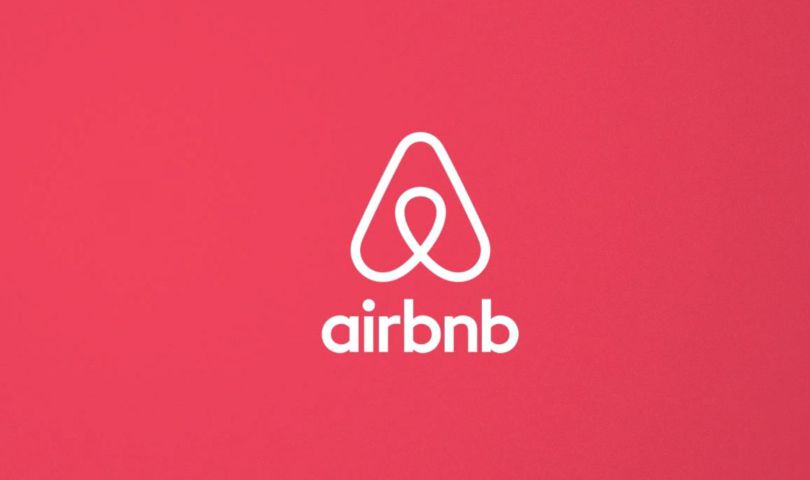People who use Airbnb to rent their properties for short-stay lets have until October 31 to own up to the Revenue about the income before facing possible interest and penalties.
The American site shocked its Irish customers last week by revealing that it had handed over details of all its landlord customers in Ireland to the Revenue Commissioners, plus details of their earnings going back to May 2014.
According to Barry Flanagan, tax manager with Taxback.com: “The filing deadline for the 2014 tax year is 31 October 2015. No penalties, interest or late fees will be due on this income if the return is filed and tax paid over before the due date.
“Revenue had stated clearly that any income earned through renting out your room, apartment or home through Airbnb will be treated as taxable income and must be declared.”
Flanagan added that hosts may be able to reduce their tax bill. “We are advising people to keep a record and receipts of any expenses incurred through this activity. As this is trading income, it stands to reason that any allowable trading expenses should qualify as deductions in arriving at a taxable trading profit.
“The test for whether the expenses are allowable is the same standard as for any other trade – are the expenses incurred wholly and exclusively for the provision of the service in the ordinary course of business?”
Traditionally income from a Bed and Breakfast is subject to different tax treatment than income generated from renting a room in your house. The distinction is that people who run a B&B are considered to be engaged in a trade while someone who rents a room in their house is not.
Flanagan explains: “Many availing of rent a room relief would have other professions and the rental income is more incidental or casual. Revenue has decided that the Airbnb landlord is closer to a traditional B&B landlord than to an individual who rents a room for 'residential' rather than 'guest' purposes.”
Threshold
Meanwhile, Fianna Fáil has weighed in on the side by Airbnb landlord by calling on the overnment to consider legislation to set a threshold of earnings for Airbnb customers.
Dun Laoghaire Rathdown Councillor Cormac Devlin claimed it’s unreasonable to expect someone who has let out their home for a few days a year to pay heavy tax on the small level of earnings.
“We need to apply some common sense to this,” said Devlin. “Airbnb is a relatively new service that is now playing an important role in the tourism sector in Dublin. Most people who use it do so on a once-off or very irregular basis. The prospect of being subjected to income tax will certainly be a strong deterrent to these short-term holiday lets.
“I believe we need a much more flexible rent-a-room scheme that distinguishes between casual home swap arrangements and full-time accommodation businesses. We should be encouraging the availability of a range of tourist accommodation in Dublin at a time when there is clearly an accommodation shortage.
“I am calling on the government to consider setting a threshold below which homeowners who use Airbnb would not be liable to pay income tax and Capital Gains Tax,” said Devlin.
Tax experts point out that because of the Revenue's interpretation of Airbnb earnings, home owners who use the service could be liable to Capital Gains Tax of 33% when they sell the family home, which is ordinarily exempt from CGT.











